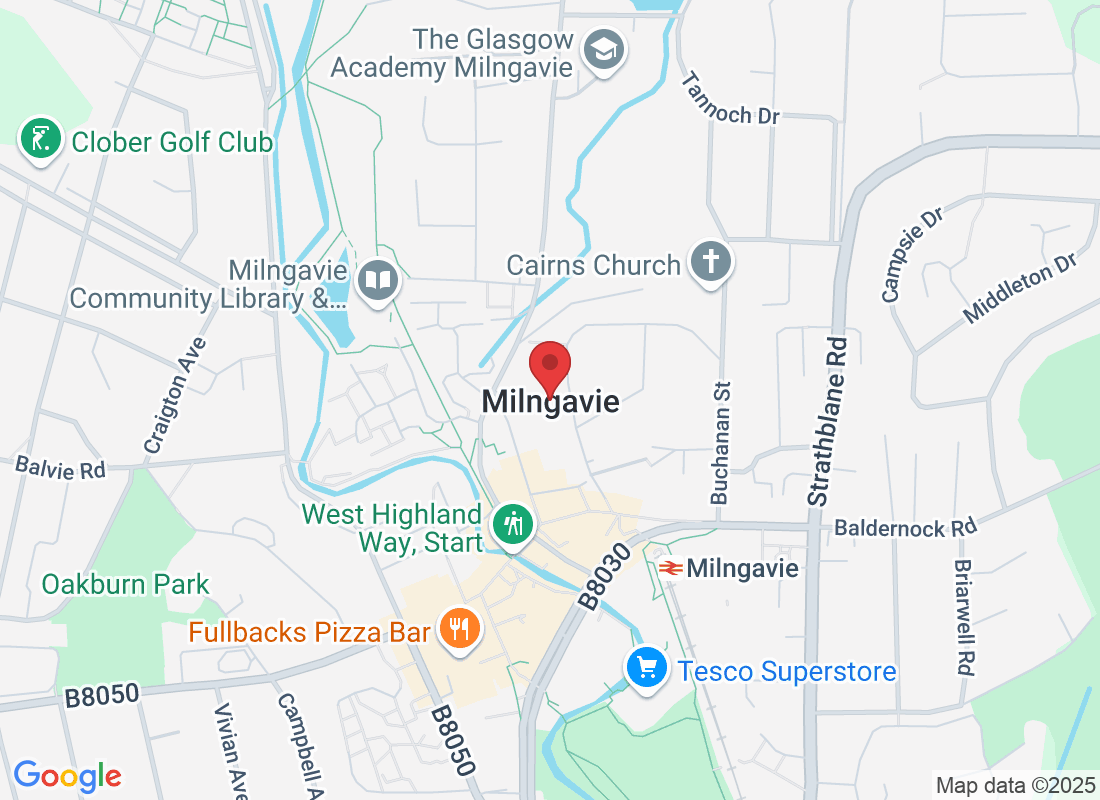
Helping a Loved One with Aphasia: 5 Things That Make a Difference
Watching someone you love struggle to speak after a stroke or brain injury is tough. You might feel helpless, not knowing what to say or do. They might feel trapped, frustrated, or worried they’ll never get back to who they were.
But here’s the truth—small things make a big difference.
With a bit of patience and the right support, communication can improve. You don’t need special training. Just some helpful tips and a whole lot of heart.
Here are five ways to help someone with aphasia feel heard, understood, and supported.
1. Give Them Time to Speak
It can take longer for someone with aphasia to find their words. They might know exactly what they want to say but struggle to get it out.
What helps:
Be patient—pause after asking a question.
Avoid jumping in or finishing their sentence.
Let them take the lead when they’re ready.
This might feel awkward at first, but giving time shows respect—and it lowers stress for both of you.
2. Keep It Simple and Clear
When language is hard, complicated words and long sentences only make it harder. Simple is best.
Try this:
Use short sentences with one idea at a time.
Speak slowly and clearly.
Use gestures, facial expressions, or write things down.
Even drawing or pointing can help get the message across.
3. Be Kind, Not Corrective
Mistakes will happen. That’s part of recovery. The way you react makes a huge difference to confidence.
What helps:
Focus on what they’re doing right.
Celebrate every effort—even if it wasn’t perfect.
Avoid correcting unless they ask for help.
Simple praise like, “You’re doing great” or “I understood that!” can go a long way.
4. Make Everyday Moments Count
You don’t need to sit down for a ‘therapy session’ to help with communication. Chatting during normal daily tasks is just as powerful.
Ideas:
Let them join in choosing meals, planning outings, or chatting with family.
Support them to order their own food or drinks when out.
Look at old photos or watch TV together and talk about it.
These natural moments help rebuild confidence and connection.
5. Get Professional Support
Aphasia recovery doesn’t stop after hospital or NHS therapy ends. With the right tools, people can continue to improve months—and even years—after their stroke or brain injury.
At Speech Therapy Glasgow, we offer:
Tailored therapy plans to fit individual goals
Practical strategies you can use at home
Support for both the person with aphasia and their family
If you’re feeling stuck or unsure what to do next, we’re here to help guide you.
You’re Not Alone
It’s normal to feel overwhelmed when someone close to you has aphasia. But you’re not powerless. Just by being patient, kind, and using these five tips, you’re already doing something amazing.
👉 Want to find out how therapy could help your loved one?
Get in touch with Speech Therapy Glasgow today to book a free, friendly call.
We’ll talk through your concerns and see how we can help your family move forward—together.



